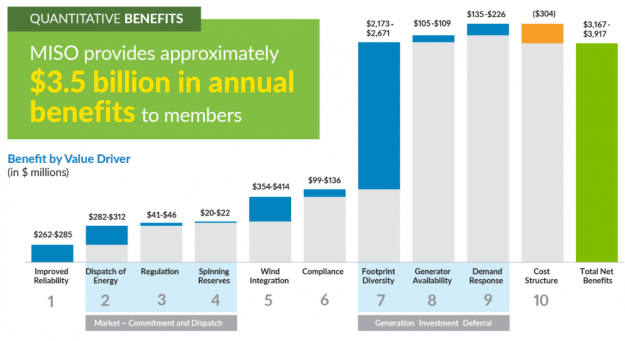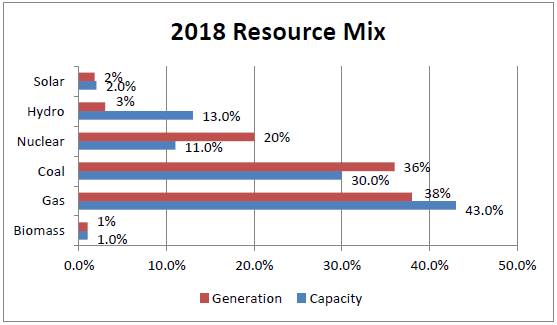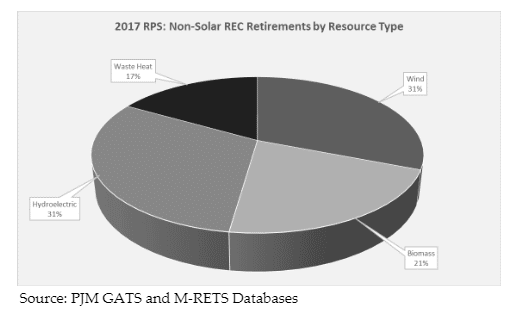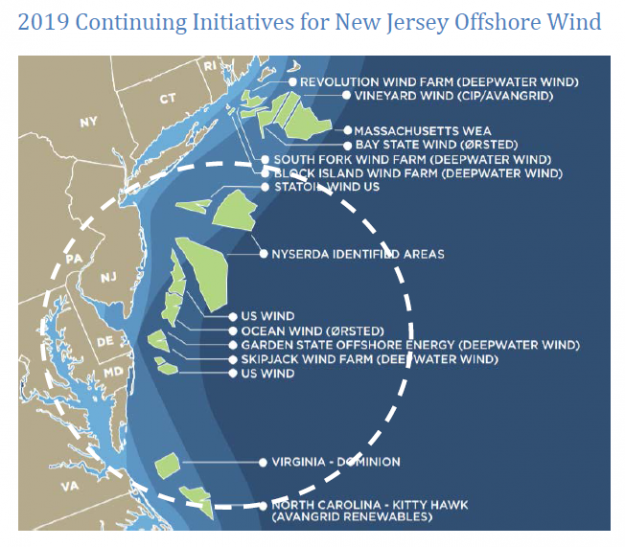Oregon Regulator to Revise Implementation of Federal Power Purchase Law
The Oregon Public Utilities Commission on Feb. 19 opened a proceeding to examine the implementation of the federal Public Utilities Regulatory Policies Act, or PURPA, which requires utilities to purchase power from small independent electricity generators at the “avoided cost” or the cost the utility would spend to procure the electricity itself. The move stems…...











